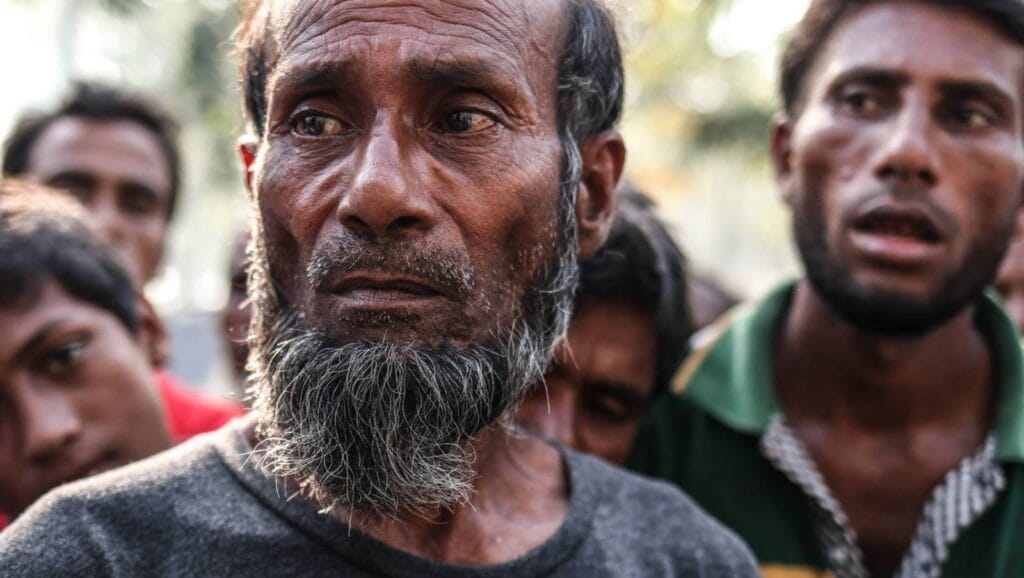Myanmar, Rohingya Crisis: could the EU play an important role?

Benedetta Fornaciari da Passano published her new policy brief about the crisis in Myanmar, where the human rights of the local Rohingya minority are beeing violated and they are facing the permanent discrimination. She examines the roots of this conflict and tries to analyse the possible ways how could the EU react.
Rohingya were always recognised as illegal migrants and they have been facing discrimination throughout the 20thcentury. Refugee flows toward Bangladesh, Pakistan and other countries have been going on since World War II.
This minority has been considered as foreign to the country because they were part of an internal migration since Myanmar was part of the British Empire as a province named Burma. During the time of the British Empire, many Rohingya migrated from the then India and Bangladesh to contemporary Myanmar, a movement that was internal under the British rule.
One of the scenario to solve the crisis could be to progressively impose restrictive measures against Myanmar as it has been done in other occasions by the EU in violations of human rights. However, this is less likely to happen because until now no one has expressed the will to impose sanctions, and even if applied these sanctions would not contribute to a major shift in constructing a durable solution. Firstly, the main problem would be to whom impose sanctions: even if it is true that the government is not ensuring respect of human rights, principal actor of violations is the army. (...) This clearly shows how complex could be to address guilty party with sanctions. Moreover, the country is now part of a democratization process and sanctions could only worsen the condition of the population spreading more abhor among minorities.
The whole policy brief is available on the right side on the PDF button.
Foto: © Margot Yemer of RohingyasProject




